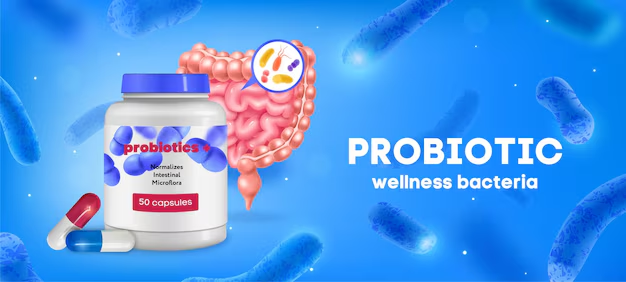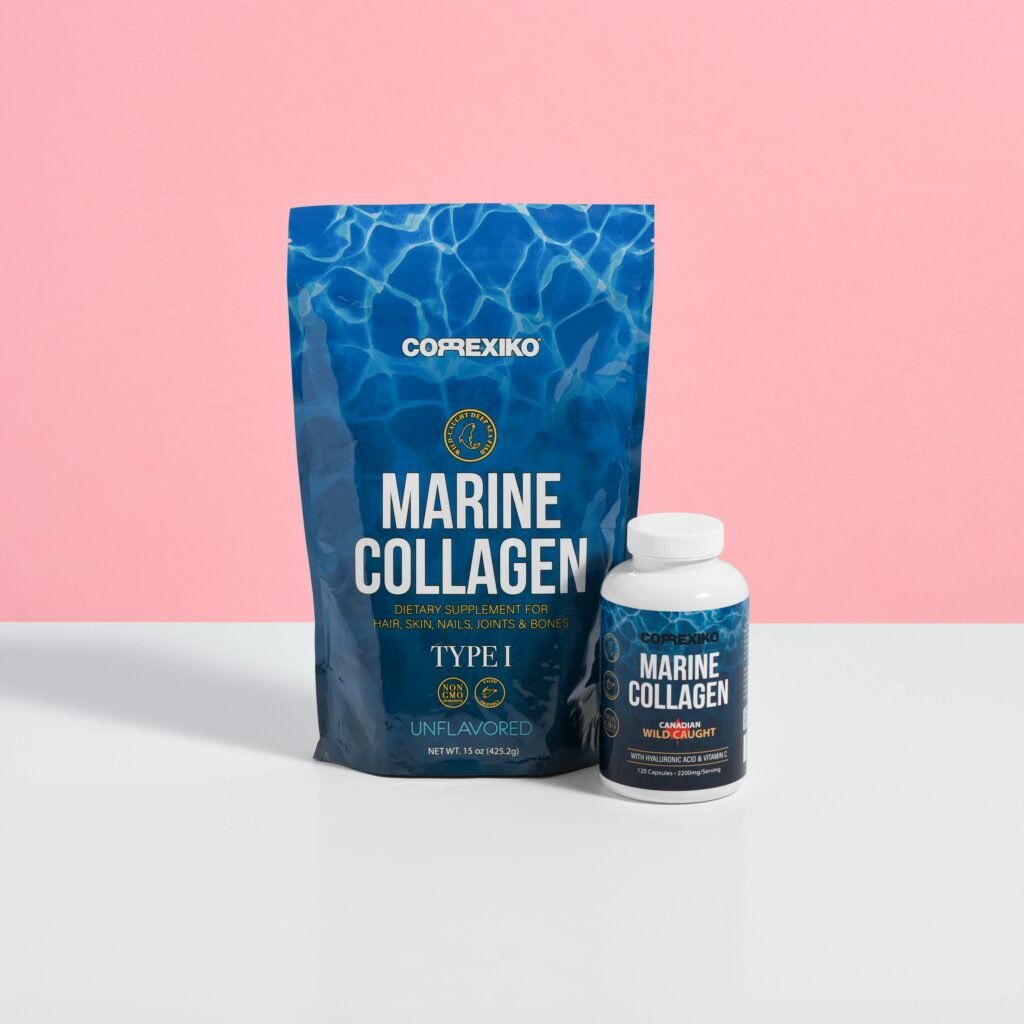Gut health is at the forefront of modern wellness, with more and more people recognizing the vital role their digestive system plays in overall health. From bloating to energy levels and even mental health, maintaining a balanced gut microbiome can make all the difference. Supplements are an excellent way to support gut health, but with so many options available, how do you choose the best ones? In this guide, we’ll explore some of the top gut health supplements, their benefits, and how they can improve your digestive wellness.
What Are Gut Health Supplements?
Gut health supplements are dietary products designed to support and optimize your digestive system. These typically contain probiotics, prebiotics, digestive enzymes, or other compounds that aid in gut function. These supplements can help restore balance in your gut microbiome, reduce symptoms of digestive distress, and even boost immune function.
Why Gut Health Matters
Your gut is home to trillions of bacteria, both good and bad, that play crucial roles in digestion, nutrient absorption, and immune response. A balanced gut microbiome ensures that your body runs efficiently, while an imbalance can lead to bloating, gas, fatigue, skin issues, and even mood swings. Poor gut health has also been linked to conditions like irritable bowel syndrome (IBS) and inflammatory bowel disease (IBD).
Top Supplements for Gut Health
1. Probiotics
Probiotics are the most well-known gut health supplements. These live bacteria can restore and maintain a healthy balance in the gut microbiome. Common strains include Lactobacillus and Bifidobacterium, which are known to improve digestion, enhance nutrient absorption, and boost immunity.
- Tip: Look for supplements that contain multiple strains of probiotics and at least 5 billion CFUs (colony-forming units) for optimal benefits.
2. Prebiotics
While probiotics are live bacteria, prebiotics are the food that feeds them. Prebiotics are typically fibers that aren’t digestible by the body but serve as nourishment for the good bacteria in your gut. Foods like garlic, onions, and bananas naturally contain prebiotics, but supplements offer a concentrated source.
- Tip: For the best results, combine prebiotics with probiotics in a “synbiotic” supplement.

3. Digestive Enzymes
If you’re experiencing bloating or indigestion, digestive enzyme supplements may offer relief by aiding in the breakdown of food into more easily absorbable nutrients. These enzymes target specific macronutrients, with amylase helping to digest carbohydrates, lipase assisting with fats, and protease breaking down proteins.
- Tip: Opt for a broad-spectrum enzyme supplement to ensure comprehensive digestive support, particularly if your diet includes a wide range of foods.
4. L-Glutamine
L-glutamine, an important amino acid, plays a crucial role in preserving the health of the intestinal lining. It’s particularly beneficial for individuals with “leaky gut” syndrome, a condition where gaps in the intestinal walls allow harmful substances to pass into the bloodstream. L-glutamine supplements can aid in gut repair and help reduce inflammation.
- Tip: Aim for 5-10 grams of L-glutamine daily to support gut health.
5. Fiber Supplements
Fiber is essential for digestion, but many people don’t get enough in their daily diet. Fiber supplements, such as psyllium husk or inulin, can help regulate bowel movements and feed the beneficial bacteria in your gut.
- Tip: Start slowly with fiber supplements to avoid gas or bloating, and drink plenty of water to aid digestion.
6. Collagen
Collagen is becoming increasingly popular for gut health. This protein helps strengthen the gut lining, making it especially beneficial for those with gut permeability issues. Collagen also supports skin health and joint function, making it a multi-purpose supplement.
- Tip: Choose hydrolyzed collagen, as it is more easily absorbed by the body.

How to Choose the Right Gut Health Supplement
When choosing a gut health supplement, consider the following:
- Identify Your Needs: Are you looking to improve digestion, reduce bloating, or support immune function? Different supplements address different aspects of gut health, so it’s important to know what you need.
- Check the Ingredients: Choose supplements that contain high-quality, research-supported ingredients, and steer clear of products that include unnecessary fillers or artificial additives.
- Consult a Healthcare Professional: If you have a specific gut issue or underlying condition, consult with a healthcare provider before starting any new supplement.
Lifestyle Tips for Better Gut Health
While supplements can significantly improve gut health, they work best when combined with healthy lifestyle habits. Here are some tips to support your gut naturally:
- Eat a Balanced Diet: Focus on whole foods rich in fiber, like fruits, vegetables, whole grains, and legumes.
- Stay Hydrated: Water is essential for digestion, so aim for 8-10 glasses daily.
- Manage Stress: Chronic stress can negatively affect gut health. To mitigate this, try incorporating relaxation techniques like yoga, meditation, or deep breathing into your daily routine. These practices help reduce stress, promote relaxation, and support better digestive health.
- Get Moving: Regular physical activity promotes healthy digestion and reduces bloating.

Conclusion
Gut health is the foundation of overall well-being, and supplements can provide targeted support for digestive issues. From probiotics and prebiotics to digestive enzymes and collagen, there’s a wide range of options to help you achieve optimal gut health. Keep in mind, supplements work best when combined with a healthy diet and lifestyle. By prioritizing your gut health, you’re also making a long-term investment in your overall wellness and vitality.
